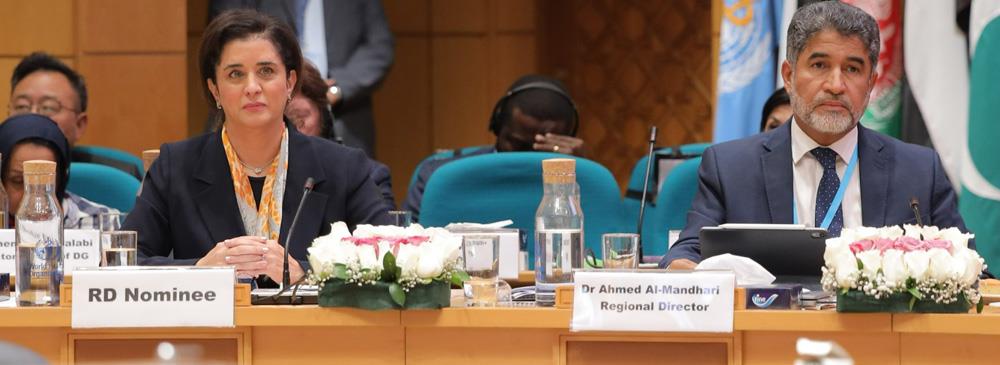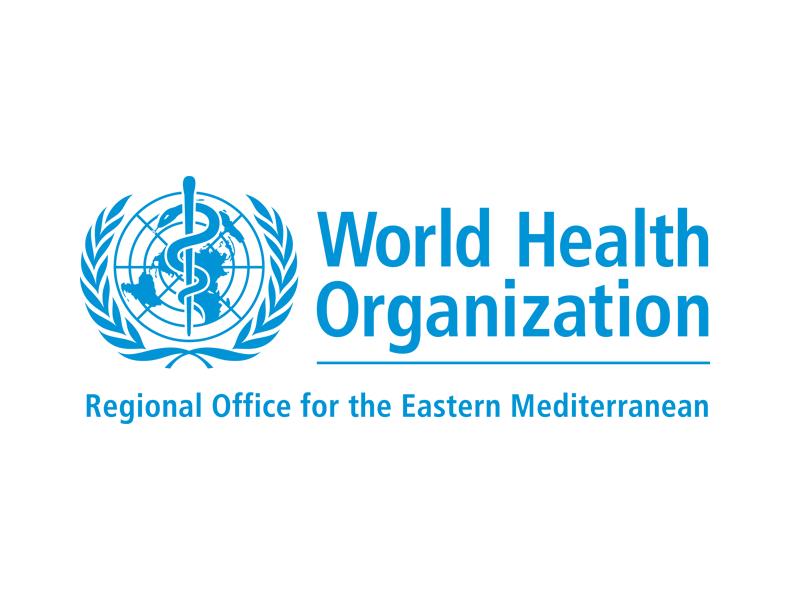
1 November 2021 – The World Health Organization (WHO) has launched an innovative online training programme to help key decision-makers in Member States of the Eastern Mediterranean Region work together effectively to develop global health policy.
The new health diplomacy course is part of efforts to transform the Organization and ensure that all Member States are fully engaged in its work. The course aims to give focal points from ministries of health and diplomatic missions the skills and knowledge they need to achieve maximum impact in global and regional decision-making bodies, such as the World Health Assembly and the WHO Regional Committee for the Eastern Mediterranean Region.
These and other WHO governing bodies are crucial forums for coordinating international action on health.
“As the COVID-19 pandemic has shown so clearly, health issues often require coordination beyond national borders,” explains Dr Christoph Hamelmann, Chef de Cabinet for the WHO Eastern Mediterranean Region. “It is therefore critically important that all Member States are empowered to participate fully in WHO’s governing bodies.”
The new course offers a transformative way to learn about health diplomacy. Participants get to practise international discussions and negotiations through concrete real-life examples.
“The aim of the course is not to treat health diplomacy as an academic discipline, but to translate it into practice with specific examples of issues that might be discussed in WHO governing bodies settings,” explains Dr Hamelmann.
“Participants can work in a relaxing environment rather than negotiating for real in the governing bodies. They can practise scenarios where they find their own position first within their government and then interact with other states to build a coalition to work for their desired outcomes.”
The course features some of the major topics on the current global and regional health agendas, including learning lessons from the COVID-19 pandemic, and there are contributions from numerous expert presenters.
Former Prime Minister of New Zealand Helen Clark, who is also the former Administrator of the United Nations Development Programme, discusses the work of the Independent Panel for Pandemic Preparedness and Response and answers questions from Member States.
Participants also learn about the new WHO Working Group on Sustainable Financing (WGSF), which is developing proposals to transform the way the Organization is funded.
The new course is attracting strong interest from Member States. The first sessions included representatives from nearly all 22 countries and territories of the Region.
It will run until the end of 2021. Related links
The WHO Regional Committee for the Eastern Mediterranean
The World Health Assembly
The Independent Panel for Pandemic Preparedness and Response











